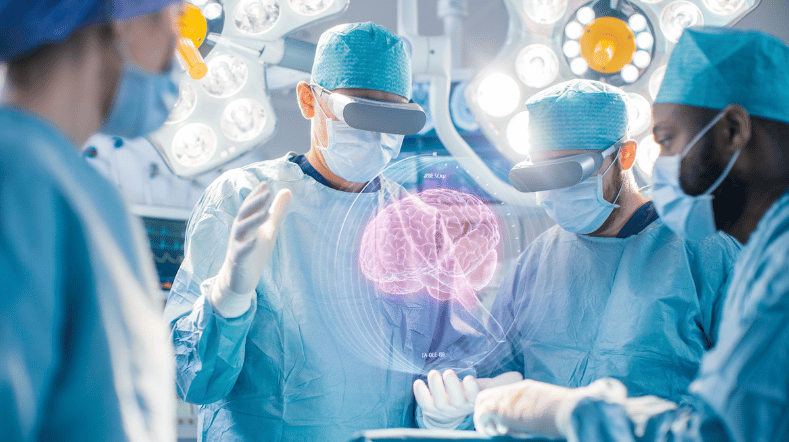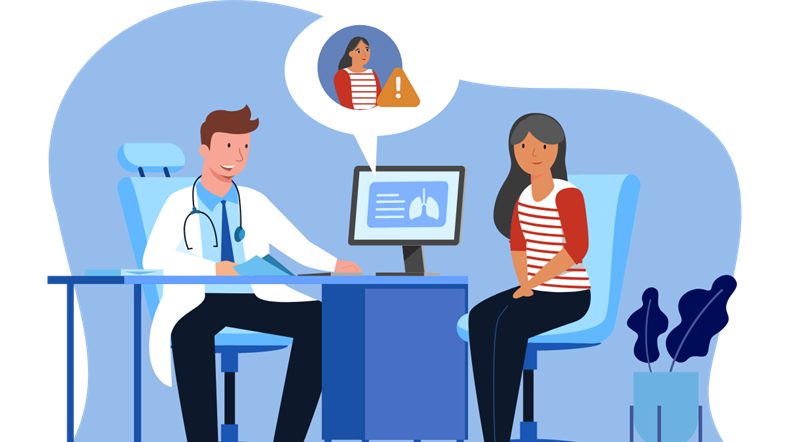Predictive AI will soon make preventive healthcare possible
Health data is essential when it comes to predicting the level of risk of certain illnesses. The fact that this does not yet take place on a large scale is entirely due to the sensitivity of this data. TNO is investigating whether this problem can be overcome through the use of artificial intelligence.
Our healthcare system is more or less all about treating people who are already sick. But that means we are effectively responding to events, rather than controlling them. A much smarter approach would be to use health data to predict the likelihood of someone getting a particular illness or condition. That, after all, would give that person the opportunity to take appropriate preventive measures at an early stage.
Jointly working on ehealth
TNO is currently laying the foundations for an AI system that will make preventive healthcare possible. As part of that operation, we are receiving help from a range of companies and organisations that are also closely involved with medical data and eHealth, such as Connect2Health, MRDM, and Performation.
AI that respects privacy
How great is the risk of a person developing type 2 diabetes within the next five years? This was the question at the heart of the first project, in 2020. It produced some very interesting insights.
Using large quantities of an individual’s health data, artificial intelligence is able to estimate the risk of type 2 diabetes, but without actually collecting the data or storing it in a centralised location.
Instead, it remains at its original location. And from a technical point of view, it is possible to retrieve only the relevant data from the various databases in a way that does not endanger privacy. It is therefore not the case that AI also ‘picks up’ other privacy-sensitive data.
Moreover, the solution takes account of possible bias in the data. This privacy-by-design solution appears to work well in practice. Whether it can actually be used in real-life situations very much depends (due to privacy legislation, among other things) on the exact question for which an answer is needed and the agreements between the parties involved. Work therefore remains to be done in this area.
Macgyver infrastructure
Meanwhile, the next phase is now underway. This sees TNO carrying out a test project in which consumers’ health data is linked with medical data. The researchers themselves refer to a MacGyver infrastructure.
By that, they mean they are building a rapid solution that will meet only the minimum requirements. However, their ambitions are far from minimal. The intended end-result of the plan is a professional AI system and infrastructure to which 17 million smartphones can be connected.
Get inspired
Working on reliable AI


AI model for personalised healthy lifestyle advice


AI in training: FATE develops digital doctor's assistant


Boost for TNO facilities for sustainable mobility, bio-based construction and AI


GPT-NL boosts Dutch AI autonomy, knowledge, and technology












